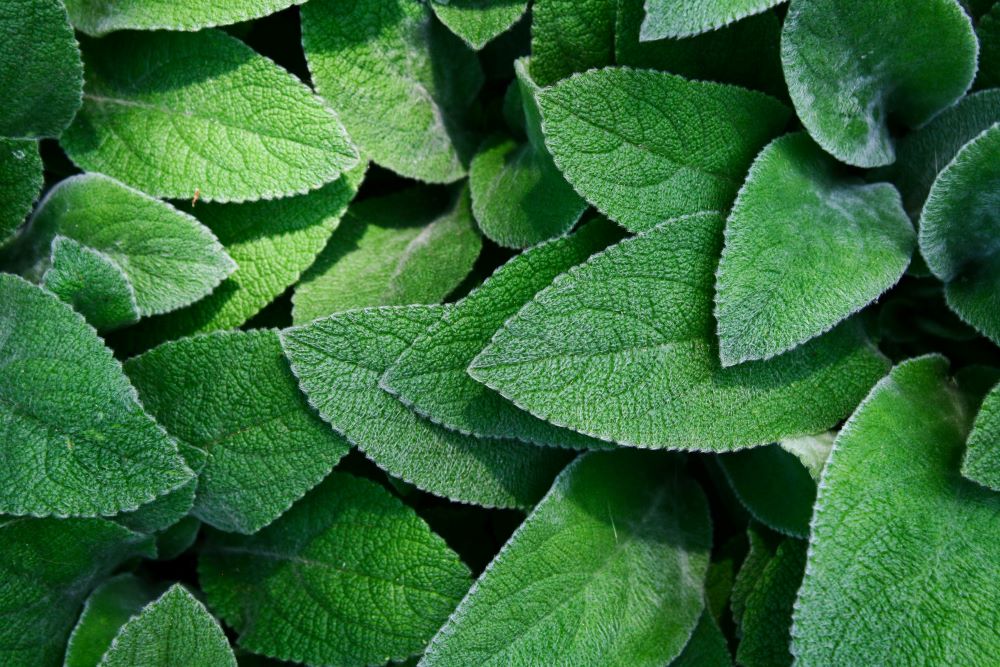Kava enthusiasts and advocacy groups commend Hawaii’s decision to grant the plant GRAS status.
This month, the Hawaii State Department of Health officially chose to extend the ‘generally recognized as safe’ (GRAS) designation to kava, a pepper plant sought-after for its sedative properties used to relieve symptoms of anxiety, attention-deficit hyperactivity disorder (ADHD), insomnia, chronic pain, and more. The U.S. Food and Drug Administration (FDA) created the GRAS designation for chemicals or other substances added to food that are deemed safe when consumed for their intended use. This designation can be self-affirmed, or the FDA can be notified of a determination of GRAS by qualified non-governmental experts (in this case, the state’s health department).
Traditionally used by native Pacific islanders for medicinal and ritualistic purposes, researchers are now exploring kava’s benefits for treating inflammation, neurological conditions, and even cancer. The plant has carried different names depending on the region in which it is harvested. In Hawaii, it is commonly referred to as ‘awa.
As the World Health Organization (WHO) explains, “The ‘awa beverage has a long history of consumption in the South Pacific, as it has been consumed for more than two thousand years and plays an important role in traditional community ceremonies, with little documented evidence of adverse health effects.”
The Kava Coalition, committed to expanding the use of kava by championing rigorous quality control, adhering to good manufacturing practices (GMPs), supporting scientific research, and promoting consumer education, applauded the state’s health department for its decision, stating it “marks a positive step for the kava industry and underscores the importance of preserving and celebrating the heritage of this cherished plant.” However, the organization voiced some concern over the fact that the designation excludes kava extracts using organic solvents, meaning not all kava products were positively impacted by the move.

“Though the GRAS determination is a good thing for kava, we remain concerned that the GRAS determination specifically excludes kava extracts using organic solvents from this GRAS designation,” said Matthew Lowe, Executive Director of the Kava Coalition. “Even though certain isolated kava extracts have drawn attention in the past, it is not true that all kava extracts are unsafe. As with everything, the devil is in the detail.”
Commonly referred to as “nature’s Xanax,” kava has been restricted or banned in several countries including Canada, Great Britian, and Germany. Physicians have warned that it could negatively interact with many prescription medications, lead to liver damage, and in large amounts, it has caused drivers to operate vehicles while intoxicated.
WHO states, “Commercialization and increased recreational use of ‘awa has resulted in preparation methods that did not exist traditionally (like organic extraction…), use ‘awa varieties other than the noble variety, and lack sufficient history and documentation of the effects on human health.”
Again, it’s important to note that the FDA specifically deemed some kava products safe when taken for their “intended use,” which doesn’t apply to situations in which the plant is taken for purposes outside of this scope. Of course, it’s always important to consult with a doctor before attempting to treat conditions with natural supplements and other products, and the Kava Coalition added in a statement, “Prioritizing consumer safety through research-backed practices and quality control measures is crucial.”
Many countries that harvest kava rely on the market to support the livelihood of its producers as well as overall economic stability. Receiving the GRAS designation is, therefore, welcomed news for Hawaii’s kava communities. It helps to eliminate stigma and quells fears, naturally increasing demand.
The Coalition pointed out, “Modern extraction techniques, coupled with responsible product development, can benefit consumers worldwide, opening up new markets and introducing more people to the potential benefits of kava. This, in turn, contributes positively to the economic well-being of communities and countries reliant on kava for their livelihood and economic development.”
Sources:
DEPARTMENT OF HEALTH ANNOUNCES A GENERALLY RECOGNIZED AS SAFE (GRAS) DETERMINATION FOR ‘AWA
Kava Coalition Celebrates Hawaii’s Kava GRAS Determination and Promotes Responsible Innovation


Join the conversation!